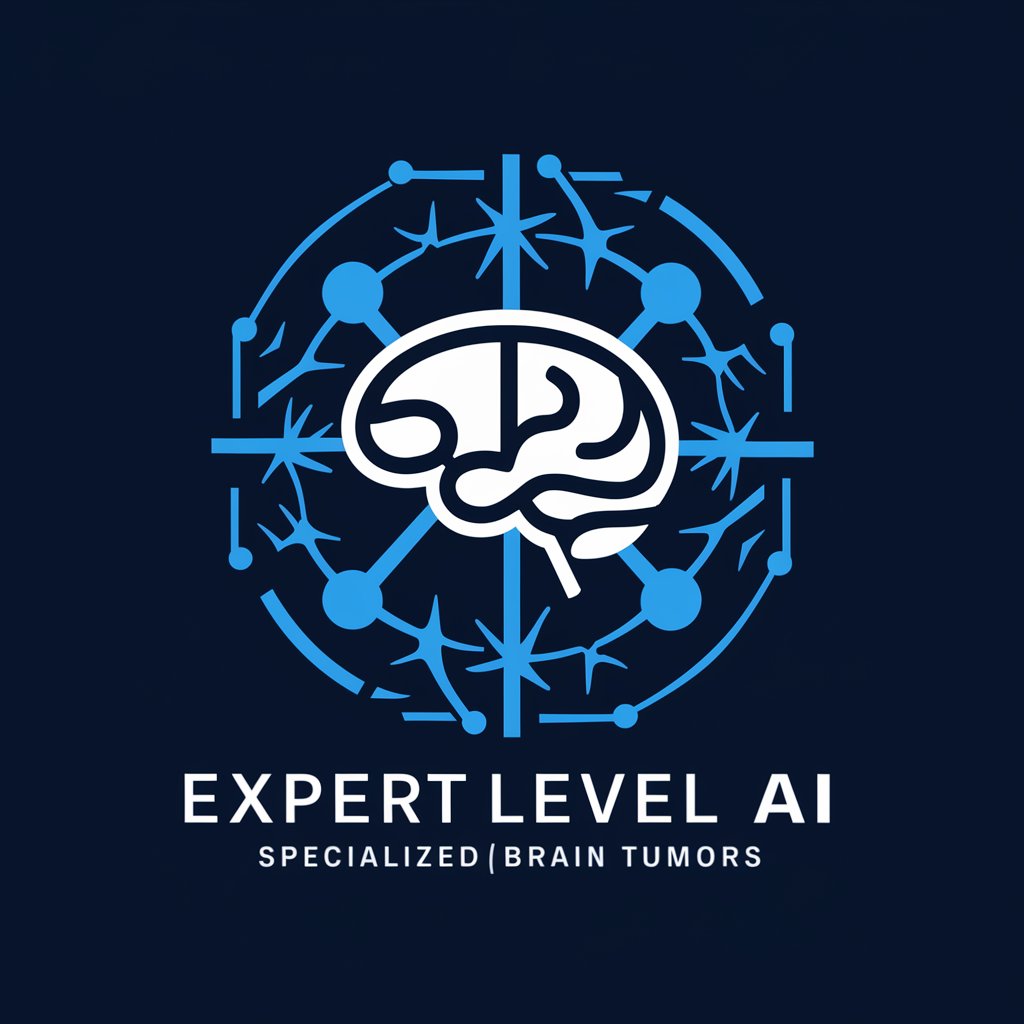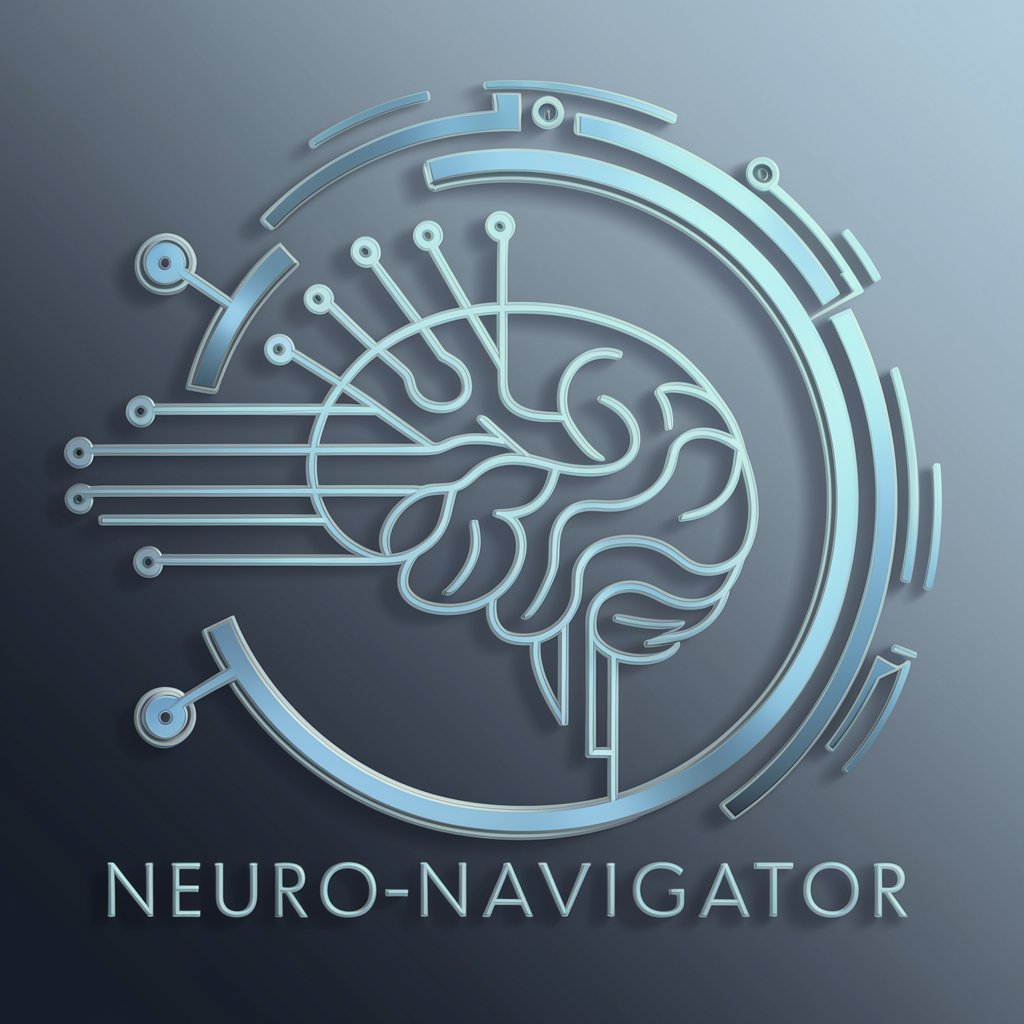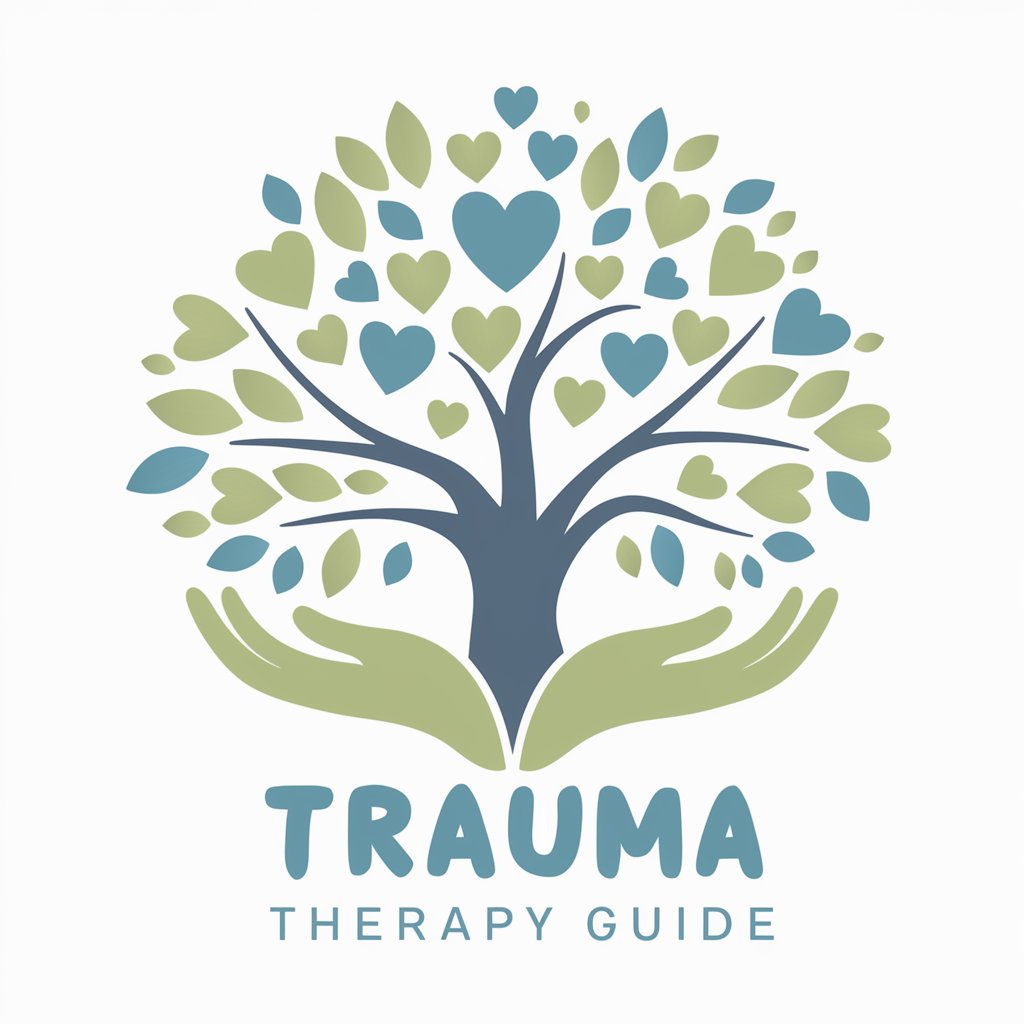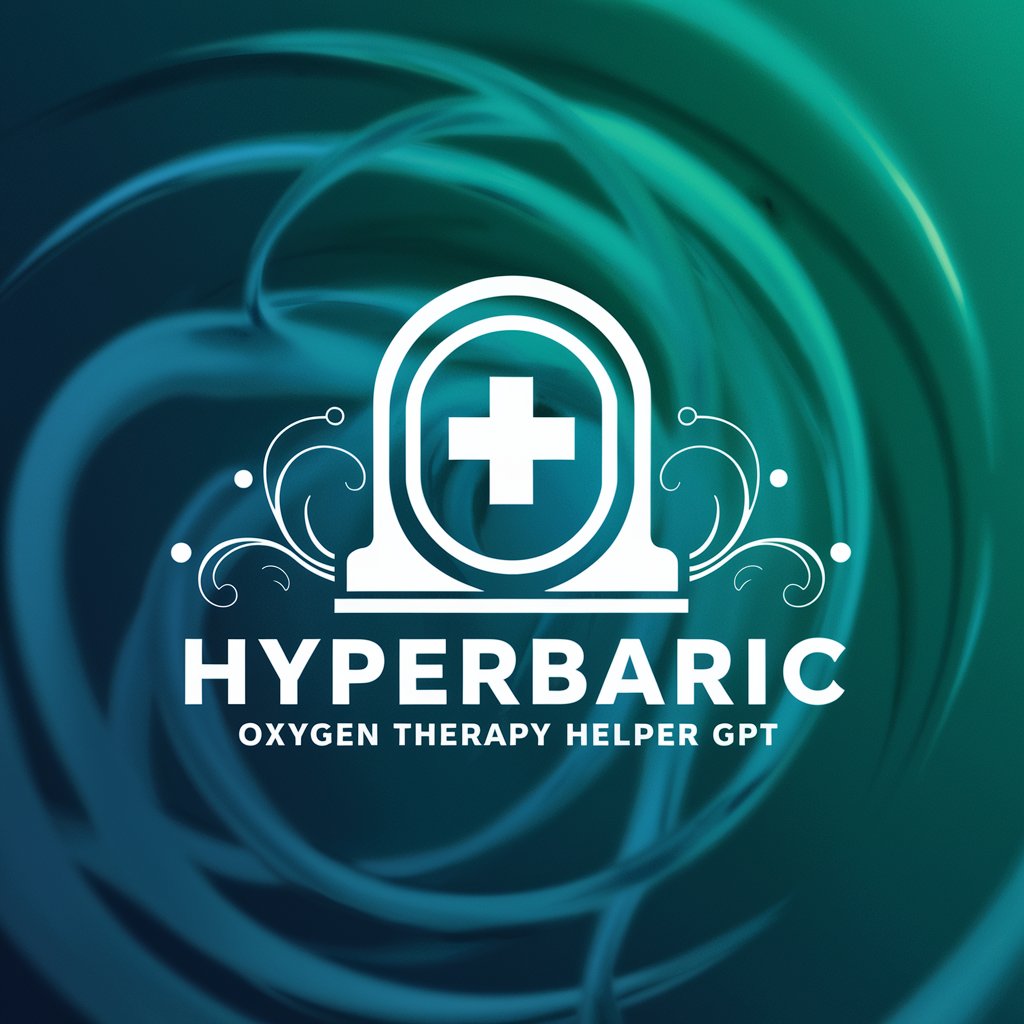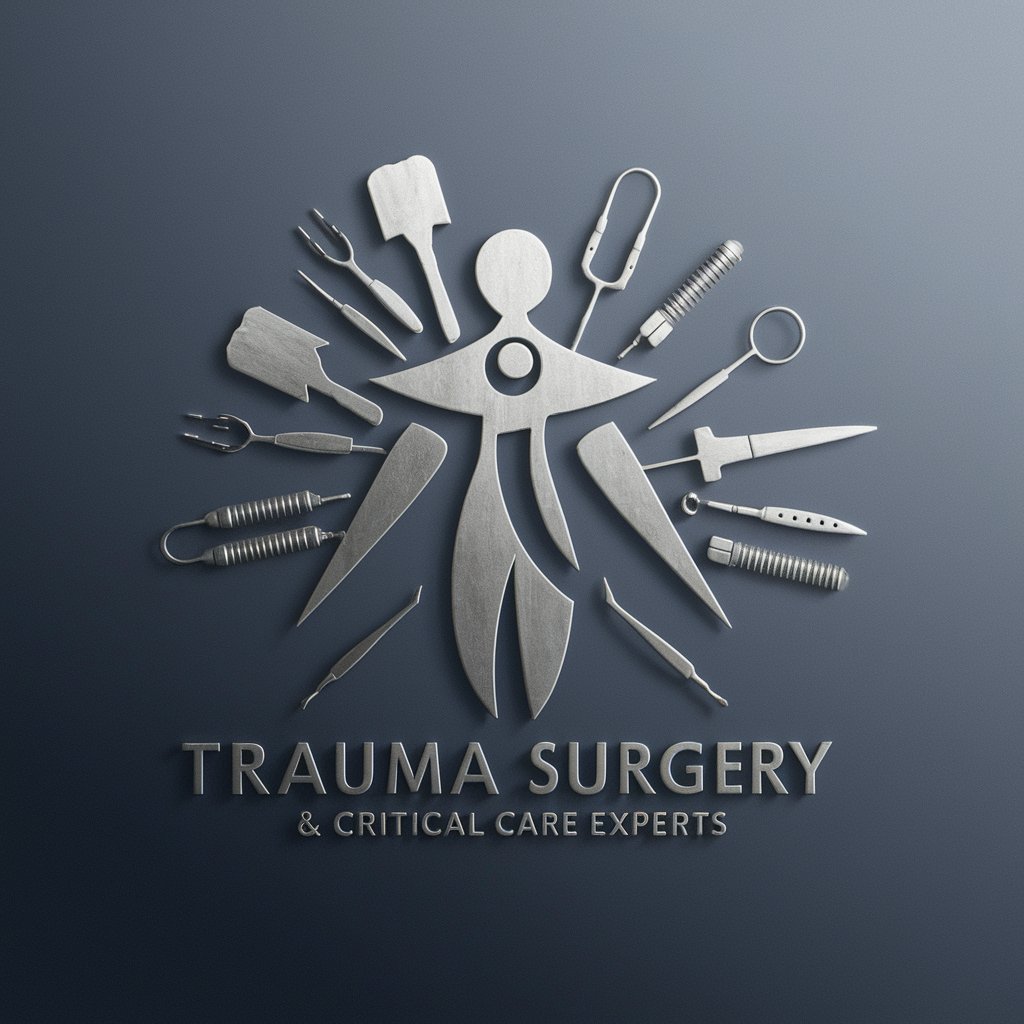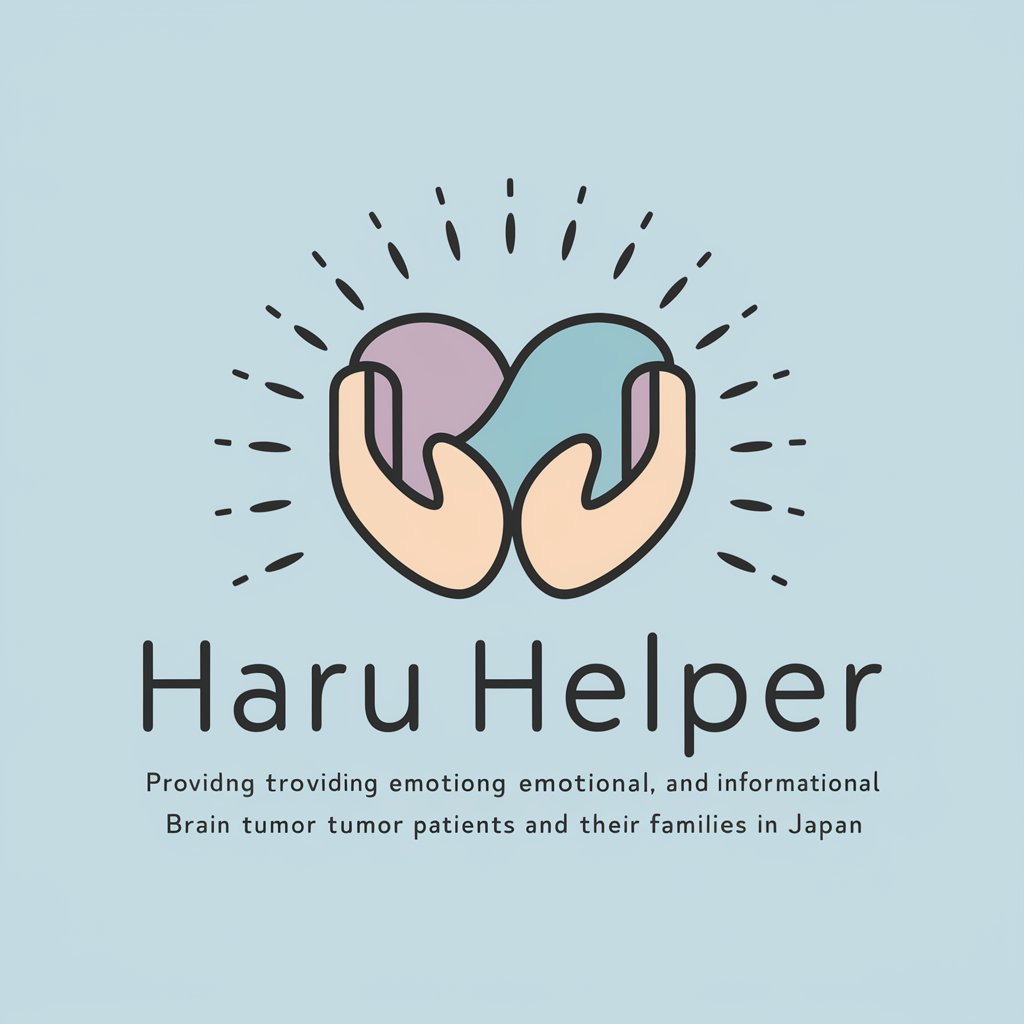
Traumatic Brain Injury Help (TBI) - Traumatic Brain Injury Support

Hello! How can I assist you with TBI care today?
Empowering TBI Recovery with AI
Understanding TBI
How to Handle Mood Swings
Great Resources To Help With Pain
Symptoms and Diagnosis:
Get Embed Code
Introduction to Traumatic Brain Injury Help (TBI)
Traumatic Brain Injury Help (TBI) is designed as a comprehensive resource for individuals affected by traumatic brain injuries and their caregivers. It aims to provide in-depth information, guidance, and support to navigate the complexities of TBI care and recovery. This includes understanding the condition, managing symptoms, exploring treatment options, and leveraging support networks. An example scenario illustrating its purpose might involve a caregiver seeking to understand the rehabilitation process after their loved one sustains a TBI from a fall. TBI Help would offer detailed advice on physical therapy, cognitive rehabilitation, and emotional support strategies to aid recovery. Powered by ChatGPT-4o。

Main Functions of Traumatic Brain Injury Help (TBI)
Information and Education
Example
Providing detailed explanations on different types of TBIs, such as concussions and diffuse axonal injuries, and their respective symptoms and treatments.
Scenario
A user new to the TBI community seeking to understand the basics of the condition after a family member's diagnosis.
Guidance on Emergency Response and First Aid
Example
Outlining immediate steps to take following a head injury, including when to seek emergency care.
Scenario
A sports coach learns how to respond to a player's head injury during a game, ensuring quick and appropriate action.
Support and Resources
Example
Connecting users with support groups, legal and financial assistance, and caregiver education.
Scenario
A caregiver looking for local support groups and financial aid options to manage the long-term care of a TBI survivor.
Prevention and Safety Tips
Example
Educating users on strategies to reduce the risk of TBI, including helmet use and safe driving practices.
Scenario
Parents seeking information on how to protect their child from TBIs in sports and recreational activities.
Ideal Users of Traumatic Brain Injury Help (TBI) Services
Caregivers and Family Members
Individuals caring for someone with TBI, who need guidance on treatment options, coping strategies, and ways to support their loved one's recovery.
TBI Survivors
Those personally affected by TBI, seeking information on managing symptoms, rehabilitation processes, and adjusting to life after injury.
Healthcare Professionals
Medical and rehabilitation professionals looking for resources to support their practice or to share with patients and families.
Educators and Advocates
Individuals working to raise awareness about TBI, promote injury prevention, and support the integration of survivors into work or school.

How to Use Traumatic Brain Injury Help (TBI)
Start Your Journey
Begin by accessing yeschat.ai to explore Traumatic Brain Injury Help (TBI) with a free trial, no login or ChatGPT Plus subscription required.
Identify Your Needs
Determine the specific information or support you're seeking, whether it's understanding TBI, managing symptoms, or finding resources for rehabilitation.
Engage with TBI Help
Utilize the interactive Q&A feature to ask specific questions related to TBI care, treatment options, and support mechanisms.
Explore Resources
Access curated resources, including guides on TBI management, links to support groups, and contact information for specialist care providers.
Apply Insights
Implement the advice and strategies provided to support recovery, manage symptoms, and improve the quality of life for those affected by TBI.
Try other advanced and practical GPTs
HiveMind Memory
Empowering Insights with AI Memory

Sarkari Nokri Result
Empowering Your Government Job Search with AI

! Dota2 Strategist
Elevate Your Game with AI-Powered Dota 2 Strategies

Idea Forge
Unleashing Creativity with AI

ImageCraftZ
Transform Photos with AI Magic

Target Deals
AI-Powered Savings at Your Fingertips

What´s new on Kickstarter
Discover fresh, AI-curated Kickstarter gems.
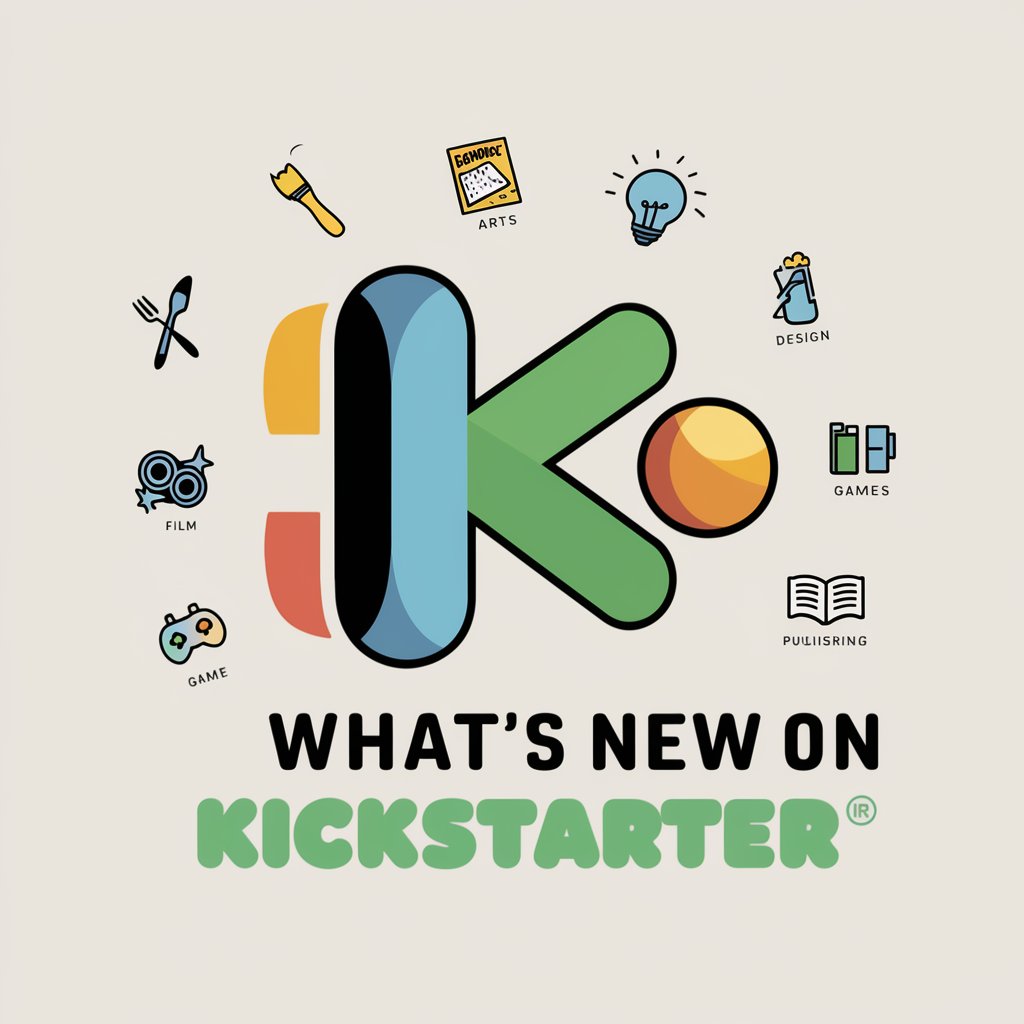
Diabetes Friend
Empowering diabetes management with AI

대한민국 방방곡곡 (여행지 안내)
Explore South Korea with AI-Powered Insights

Schema.org for SEO
Empower Your SEO with AI-Driven Schema
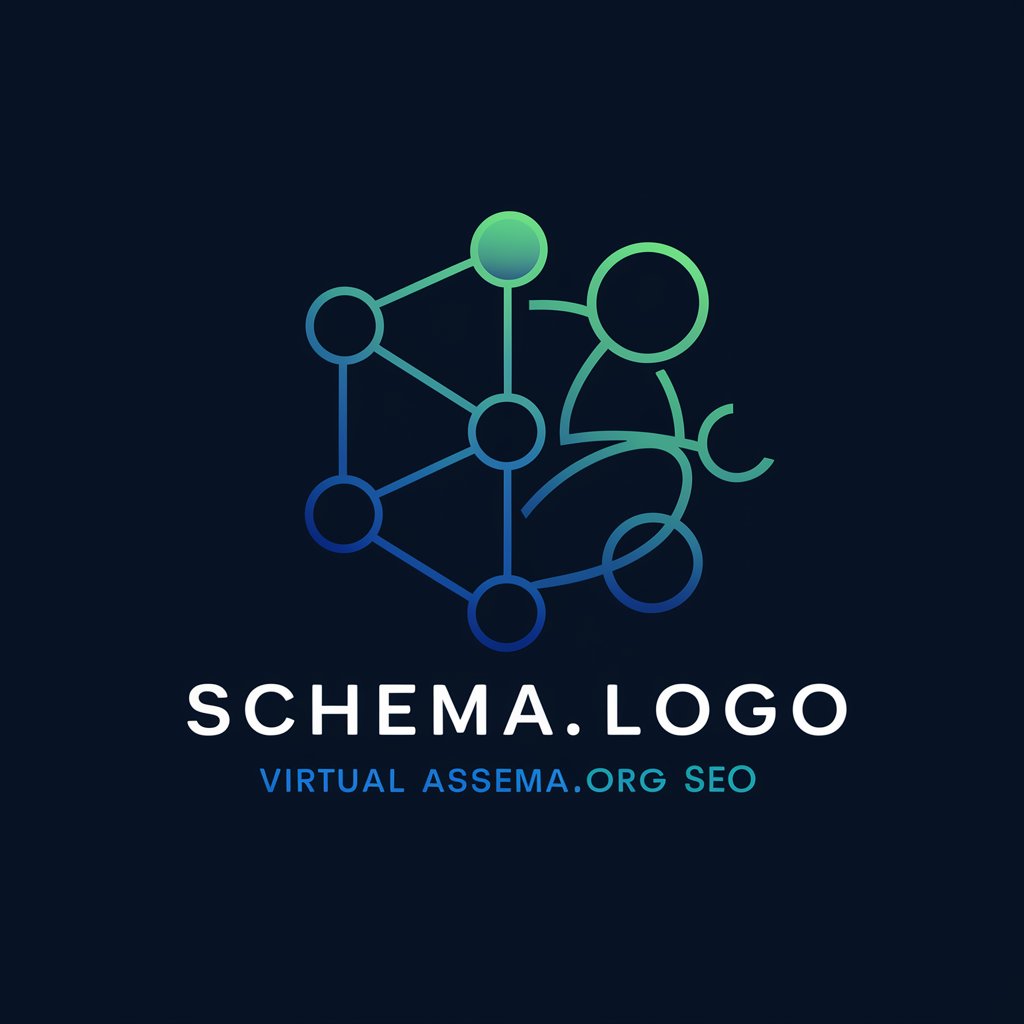
E-commerce Product Describer
Optimize e-commerce listings with AI

Godotに詳しい博士
Unleash Godot's full potential with AI-powered expertise.
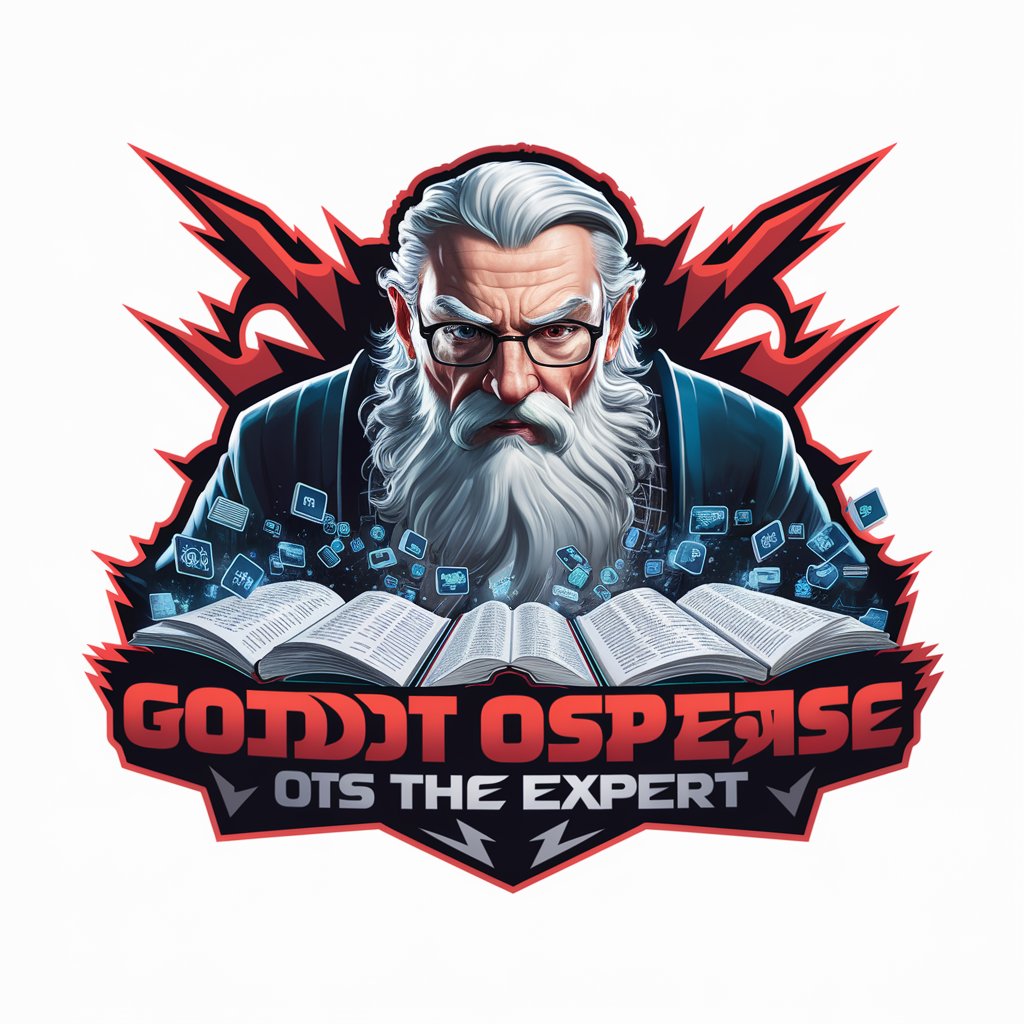
Frequently Asked Questions about Traumatic Brain Injury Help (TBI)
What types of TBI can this tool help with?
Traumatic Brain Injury Help (TBI) offers support for all types of TBI, from mild concussions to severe brain injuries, providing tailored advice on symptoms, treatment, and rehabilitation.
Can TBI Help assist caregivers?
Yes, the tool provides comprehensive support for caregivers, including managing care routines, understanding patient needs, and accessing resources for emotional and practical support.
How does TBI Help incorporate the latest research?
TBI Help stays updated with current research on brain injury treatment and recovery, integrating emerging therapies and evidence-based practices into its guidance.
Is there support for returning to work or school?
TBI Help offers strategies and support for individuals looking to return to work or school, including adjustments for learning, coping mechanisms, and legal rights for accommodations.
How can I recognize signs of a stroke related to TBI?
The tool includes information on recognizing stroke signs using the S.P.E.A.C.H. acronym: Sudden (numbness or weakness), Problems (with vision and speech), Extreme (headache), Agitation, Confusion, and Horrible (dizziness), emphasizing the importance of immediate medical attention.

